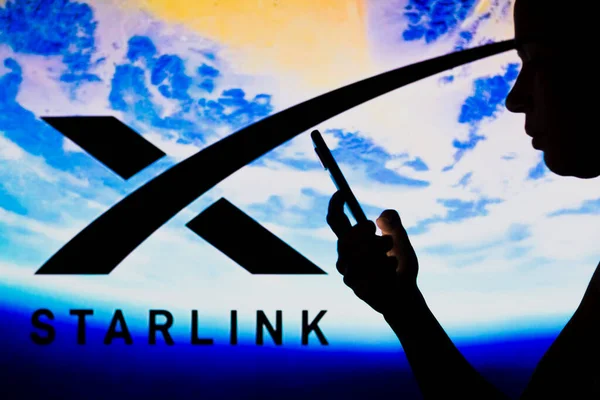The Bureaucratic Blockade Shutting Starlink Out Of South Africa Stiffens

South Africa’s Minister of Communications, Mondli Gungubele, has emphasized that Starlink will not be able to operate officially in South Africa unless it adheres to the country’s equity ownership rules for Internet service providers (ISPs).
In response to a query by Democratic Alliance (DA) MP Natasha Mazonne about amending regulations to accommodate companies like Starlink, Gungubele stated that the existing regulations could only be changed if the Electronic Communications Act (ECA) was amended. The DA is the main opposition to South Africa’s ruling party, the African National Congress (ANC), to which Gungubele belongs.
Modifying the ECA is a complex process involving public consultation and government approval, which could take months or even years. Navigating the amendment process would seem challenging, even if the Minister were inclined to scrap the rules, which currently seems unlikely, according to reporting by Mybroadband.
“On this basis, the regulations giving effect to the provisions of the Act cannot be amended until the ECA is amended,” Gungubele said.
Starlink, the novel satellite internet service by SpaceX led by renowned tech billionaire Elon Musk (who notably has South African roots), launched in Africa several months ago. Nigeria became the first African country to receive the service in January, followed by Rwanda, though first impressions among locals noted some hiccups. Starlink plans to launch its service in 19 more African countries in 2023, including Zambia, Angola, and Kenya. While the majority of African nations are on Starlink’s roadmap, South Africa, one of Africa’s biggest internet markets, is conspicuously absent.
The DA claimed in April that the South African government’s stringent telecommunications guidelines were obstructing Starlink’s entry into the country. To operate in South Africa, Starlink requires the Independent Electronic Communications Service (IECS) and Individual Electronic Communications Network Service (IECNS) licenses.
The country’s regulator, the Independent Communications Authority of South Africa (ICASA), mandates that companies applying for these licenses must have 30% of their equity held by historically disadvantaged groups (HDG). This requirement means Musk and other shareholders have to relinquish a significant stake in the venture to offer services in the country. ICASA has reportedly held two meetings with Starlink but is yet to receive an official license application.
Gungubele reiterated that any interested party, including Starlink and SpaceX, should engage with ICASA to seek guidance on local operations. He expressed the government’s openness to partnering with and attracting investments from companies in the sector, emphasizing compliance with regulatory frameworks.
“As a Department, we welcome partners and investors to develop and invest in the sector and economy; and appeal that they comply with regulations for the sector,” Gungubele said.
The reasons behind Starlink repeatedly delaying its launch in South Africa remain unclear. Starlink’s coverage map currently indicates an “unknown” availability date for South Africa, whereas in February 2021, the estimated availability was 2022. Nevertheless, reports suggest South Africans have found ways to circumvent the bureaucratic challenges by utilizing the device’s roaming feature, albeit requiring payment in foreign currency and importation from neighbouring countries.
One South African ISP that imports Starlink kits on behalf of its customers described the service as transformative for clients who face mobile coverage issues during power outages. The ISP cited the HDG ownership requirement as the cause for Starlink’s delayed launch in South Africa.
Starlink’s enterprise sales director, Phillip van Essen, recently mentioned that the company prioritizes countries where conducting business and obtaining regulatory approvals are more straightforward.
The Minister, Gungubele, previously refuted media reports and statements from the DA accusing the ruling ANC of hindering Starlink’s local launch. He clarified that the licensing process falls under the purview of ICASA and that no applications had been received from Starlink thus far.
“The Minister wishes to state categorically that the custodian of the licensing process is the Authority, Icasa,” Gungubele said. “The Authority has advised the Minister that such applications have not been received from Starlink to date.”
The HDG ownership rule implemented by ICASA originated from ministerial policy directives guided by official ANC policy, although Gungubele refrained from explicitly acknowledging the ANC’s role.